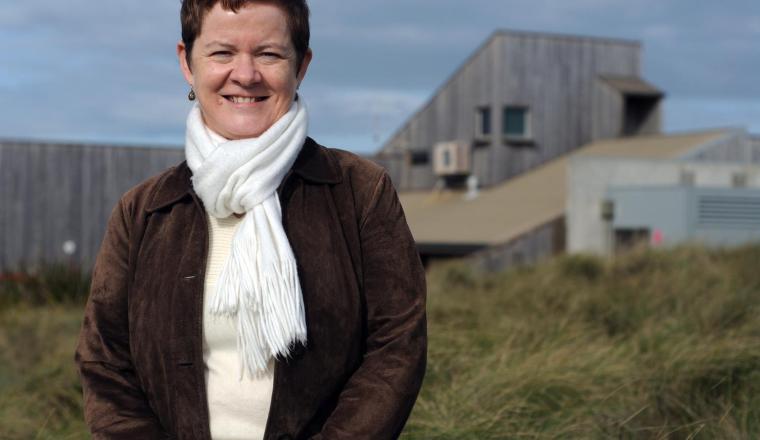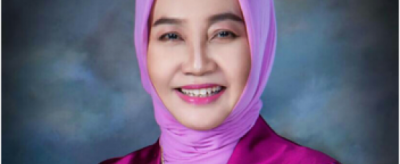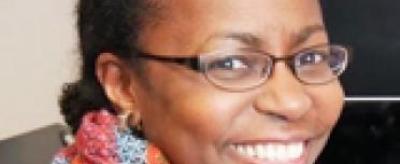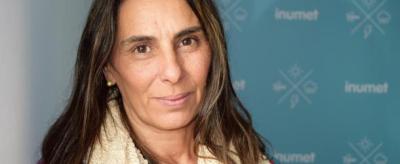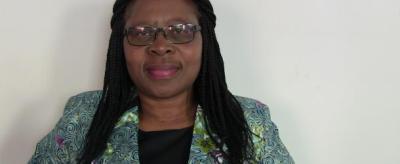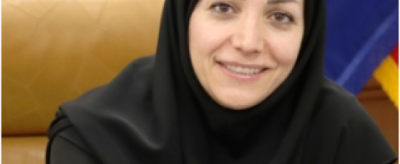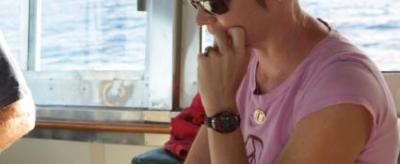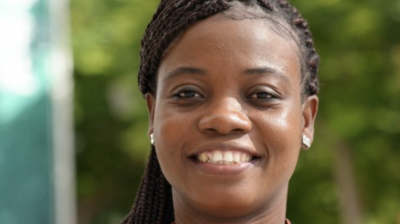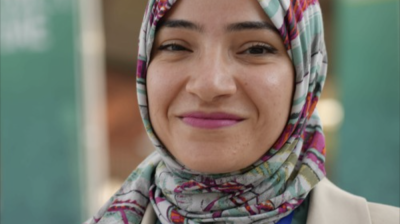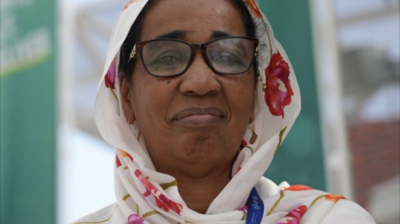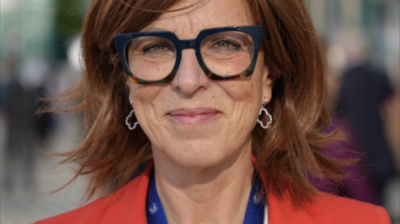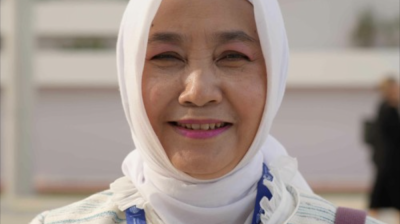Women in weather, climate and water
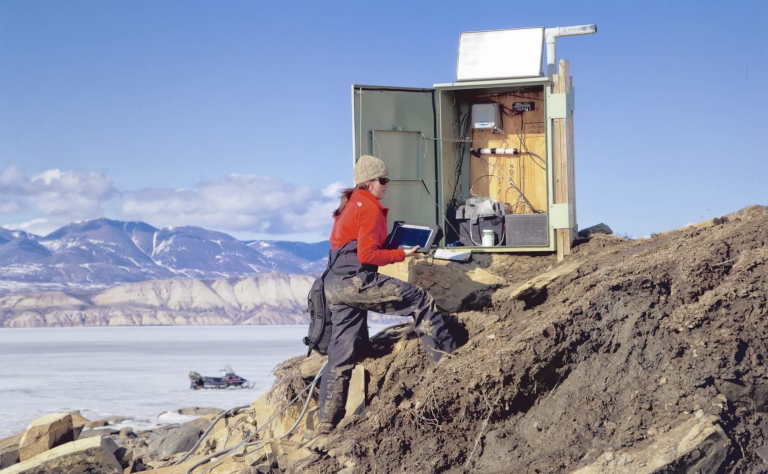
At international, national and local levels, there is a drive to improve access for women to technology, information, science education and technical training and to strengthen the position of women scientists and technologists. Ensuring that women have equal access to science education and technology is an essential catalyst to ensure that the developers and users of weather, water and climate services provided by WMO and its Members serve the global community – men, women, boys, girls. This commitment strengthens the position of women as scientists, technologists and users of weather, water and climate services and fosters increased participation of women in weather and climate decision and policy-making.
WMO is resolved in its efforts to achieve gender equality, empower women and build climate resilient societies. To this end, it is committed to mainstreaming gender in its governance, working structures, programmes and service delivery. It is also determined to attract more women in the fields of science and meteorology. The objective of gender equality at WMO is to fully realize the professional and human potential of both women and men through equal employment opportunities.
Can women be successful in science? The overwhelmingly positive experience from the women interviewed below proves that they can. These women overcame obstacles to be the “first” women in many areas of their careers and to pave a way for others to follow.
You can't be what you can't see
